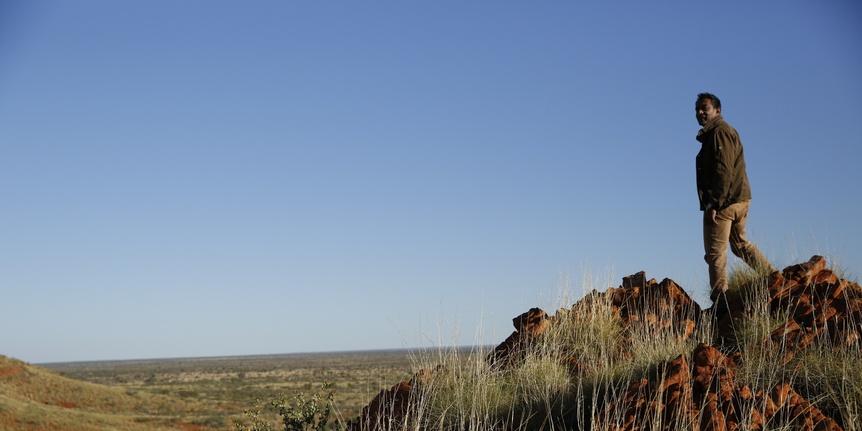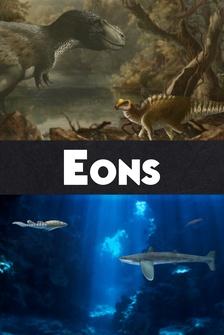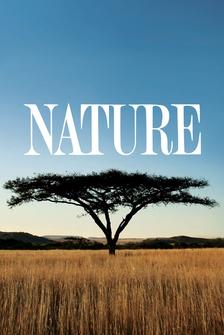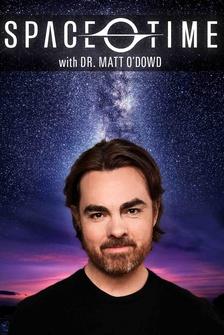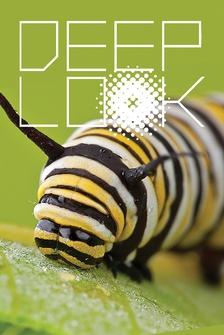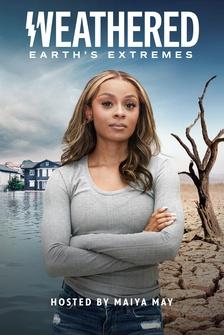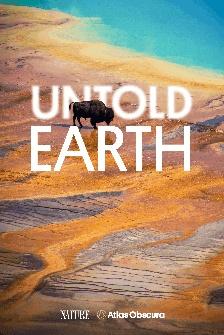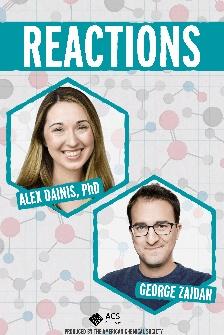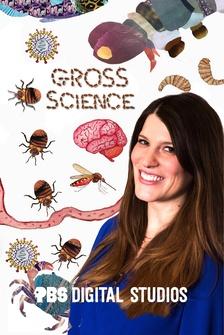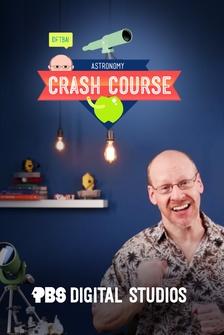Warming seas are just one challenge that corals face.
In Florida, there's another threat, an underwater pandemic that's having a devastating effect.
“Stony coral tissue loss disease ” “has been around since 2014.
” “It's the largest and most deadly ” “coral disease that has ever been recorded.
” This disease can spread frighteningly fast, potentially 100 meters a day, leaving thousands of dead and dying coral in its wake.
“When I was diving at one of my favorite reef sites ” “that just has these huge ” “several hundred year old brain corals, corals ” “that have been around here since Columbus landed, ” “...and when I went down, I could just see that ” “half of them were just bright white ” “from stony coral tissue loss disease.
” “Seeing that kind of loss and devastation just really ” “was heartbreaking ” “and I literally cried underwater.
” Stony coral tissue loss disease has spread to 20 different countries, prompting scientists from completely different disciplines to collaborate on developing a treatment.
“So my background is in chemical engineering and formulation ” “science and Erinn is an expert in coral ecology, ” “but we're able to sort of work together and use each other's ” “expertise to create something that ” “has never been done before.
” “What we're doing here is we're creating a medicine ” to treat stony coral tissue loss disease.
“This one in particular utilizes amoxicillin.
” “The bright color is not only beautiful, it ” “actually acts as a marker, so it indicates ” “how much of the amoxicillin still remains in the treatment.
” “So if you go down there ” “and you can see that it's turned white, ” “then you know that all the amoxicillin ” “has been administered to the coral.
” “The good news is, is that we have a way to treat stony ” “coral tissue loss disease, but it relies on an antibiotic, ” “and there are risks, ” “like creating antibiotic resistant bacteria.
” If the disease becomes resistant to the current treatments, it could become unstoppable.
To try to stay one step ahead, today Erinn is testing out some new medicines that don't rely on antibiotics.
“On this dive ” “we're going to be going underwater ” “and looking for sick corals and apply a paste ” “right on to where the coral is looking sick.
” “Every time we go down underwater and see a sick coral ” “and can save it from dying, is a success in my eyes, ” “but I know that in a decade from now, we're going to be ” “in a much better place than we are in today.
”

